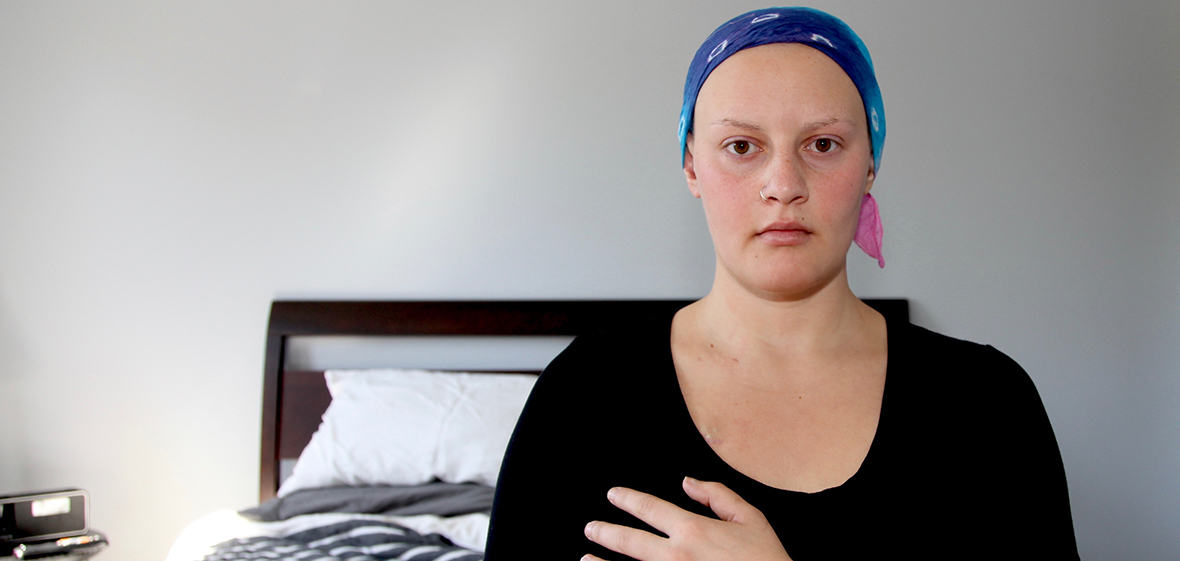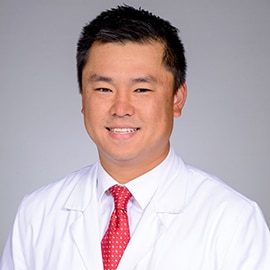
A mastectomy is a surgery where the breast tissue is removed. Some patients who undergo this surgery choose to get a bilateral mastectomy, where both breasts are removed, while some only have one breast removed. In a mastectomy, any affected lymph nodes are removed as well.
In about 80% of mastectomies, breast reconstruction or implant surgery is done during the same procedure, after the breast is removed.
Most people in the U.S. have a 10-12% risk of developing breast cancer in their lifetime, so a mastectomy should not be considered a preventative option for everyone. From a medical standpoint, mastectomies can be recommended if genetic testing reveals a high risk of breast cancer, which can be indicated with a mutation in the BRCA1 or BRCA2 gene, or if there is an extensive family history of breast cancer. Mastectomies can also be recommended for patients who have breast cancer in both breasts.
For patients who have cancer in one breast, a lumpectomy is usually a better treatment option than a mastectomy. In a lumpectomy, only the tumor and a small amount of healthy breast tissue are removed, leaving as much healthy breast tissue as possible to preserve the breast. For many patients, a lumpectomy creates an equal chance of survival as a mastectomy.
A bilateral mastectomy is a big surgery that comes with risks. If you have a high risk of breast cancer, or if you have breast cancer, have a conversation with your medical provider about whether a mastectomy is right for you or if other treatments are needed. If you have a high risk of breast cancer but a mastectomy is not the right option for you, your provider may recommend hormone blockers to help reduce the amount of estrogen in the body to help lower the risk as well as additional screening.
Screening is Key to Detect Breast Cancer
When it comes to breast cancer, screening is key. UofL Health recommends that women 40 and older should schedule an annual mammogram. A mammogram is the best way to detect any breast cancer early, making it easier to treat and cure the cancer.
Screening is especially important since the breast cancer rate is increasing. For 2023, it is estimated that more than 300,000 breast cancer cases were detected in the U.S. Getting your yearly mammogram can save your life.
In addition to getting an annual mammogram, you may also choose to conduct a breast self-exam once a month. A breast self-exam can help you see if there are any major changes from your last self-exam:
- Is there something new hurting you?
- Do you feel like something is growing?
- Is there discharge on the nipple?
If you can answer “yes” to any of those three questions after conducting a breast self-exam, it’s important to let your provider know.
Also, people with a high risk of breast cancer (even those younger than 40 who don’t yet qualify for traditional mammography screening) can sometimes qualify for additional imaging or genetic testing. If you have a high risk of breast cancer, talk to your provider about whether this is a possibility. You can also make an appointment with UofL Health – Brown Cancer Center’s High Risk Clinic to discuss your risk.
UofL Health is Here for You
The Breast Cancer Clinic at UofL Health – Brown Cancer Center is Kentucky’s first and longest-accredited program by the National Accreditation Program for Breast Centers. Our multidisciplinary clinic team has experience and expertise you will not find elsewhere in the city or region.
Additionally, the High Risk Clinic at Brown Cancer Center can assess anyone who may have a higher risk of breast cancer. Call 502-562-HOPE (4673) to learn more and make an appointment.









